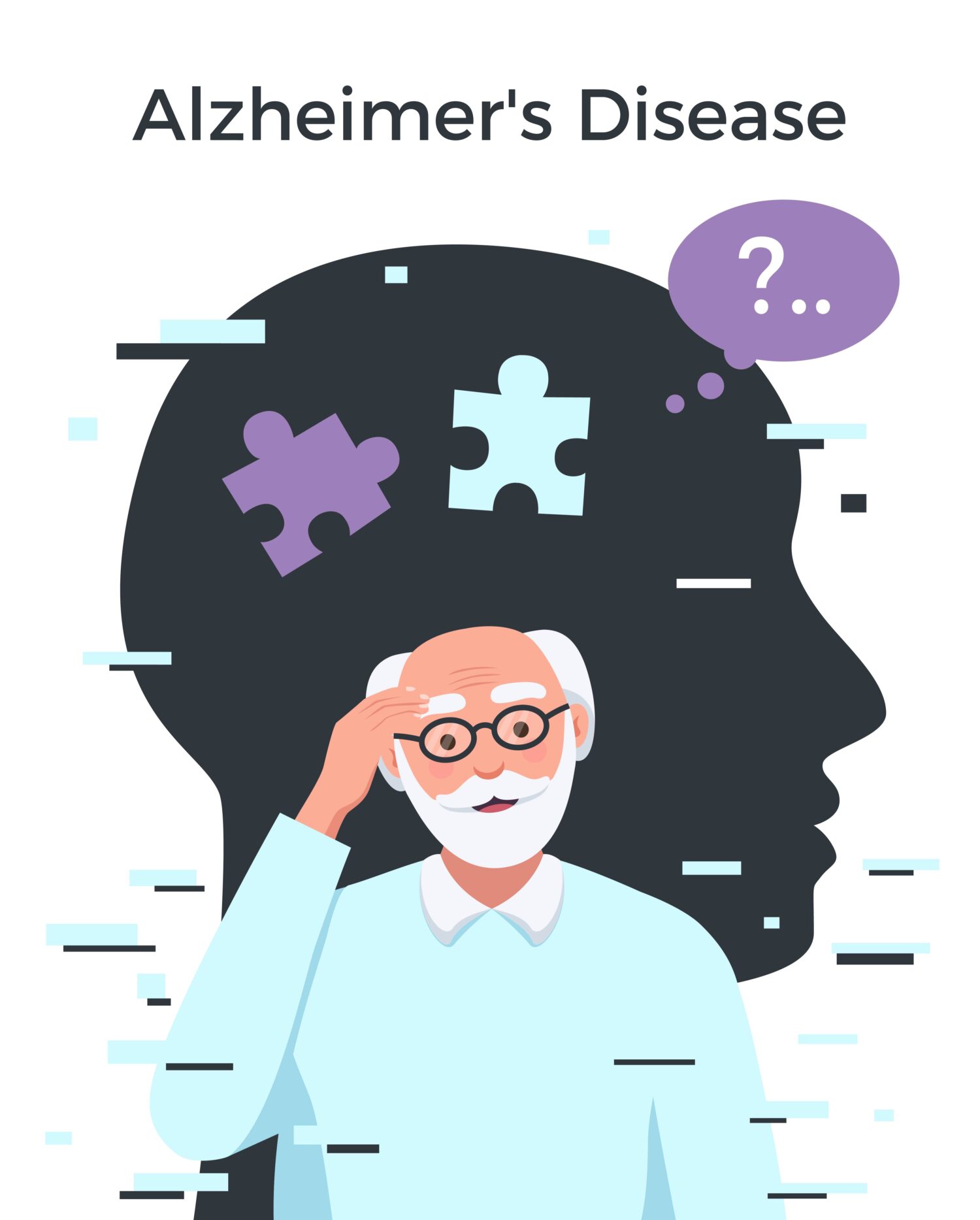
What You Should Know:
– A new study published in the Journal of Alzheimer’s Disease reveals that digital cognitive assessments can detect the subtle, earliest indicators of cognitive impairment, potentially years before traditional testing methods or noticeable symptoms emerge. The pioneering research highlights how analyzing response times, or “latency,” can offer critical insights into neurodegenerative disease risk, including Alzheimer’s and other forms of dementia.
– The narrative review and synthesis study, titled “Precision neurocognition: An emerging diagnostic paradigm leveraging digital cognitive assessment technology,” was co-authored by David J. Libon, PhD, Professor at the New Jersey Institute for Successful Aging at Rowan University, and Rod Swenson, PhD, Clinical Professor of Psychiatry and Behavioral Science at the University of North Dakota School of Medicine and Health Sciences. Both experts are advisors to Linus Health, a company at the forefront of digital brain health solutions.
The Power of “Latency”: Beyond Correct Answers
The study’s key finding centers on how a brief, 7-minute speech-based digital cognitive assessment from Linus Health captures quantifiable data related to neurodegenerative disease risk. It focuses not just on whether a patient answers a question correctly, but how quickly they respond.
In their peer-reviewed article, Drs. Libon and Swenson introduce a series of novel digital biomarkers based on latency — the imperceptible pauses and reaction times between actions when responding to questions or test prompts. They demonstrate that subtle changes in the time required to respond, even when answers are 100% correct, can be interpreted as powerful biomarkers for identifying the risk of mild cognitive impairment (MCI), Alzheimer’s disease, and other forms of dementia.
“As our review demonstrates, just because an individual answers a question on a digital assessment 100% correctly does not mean a 0% risk of cognitive impairment,” said Dr. Libon. “We have shown here that the time it takes to correctly respond or recruit the necessary brain regions or strategies for efficient correct responding likely provides rich information regarding the probability of the eventual emergence of serious cognitive decline.”
Boston Process Approach
The new paradigm is rooted in principles drawn from the Boston Process Approach (BPA), a well-established neuropsychological assessment framework. The BPA, pioneered by Dr. Edith Kaplan (under whom Drs. Libon and Swenson trained and collaborated for decades), focuses on deriving cognitive function insights from a participant’s process of completing cognitive tasks, rather than simply their final answer. This understanding allows Linus Health’s digital solution to uncover critical insights that traditional methods might miss.
